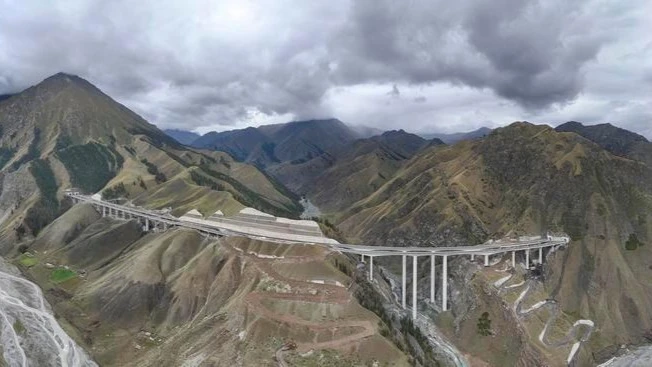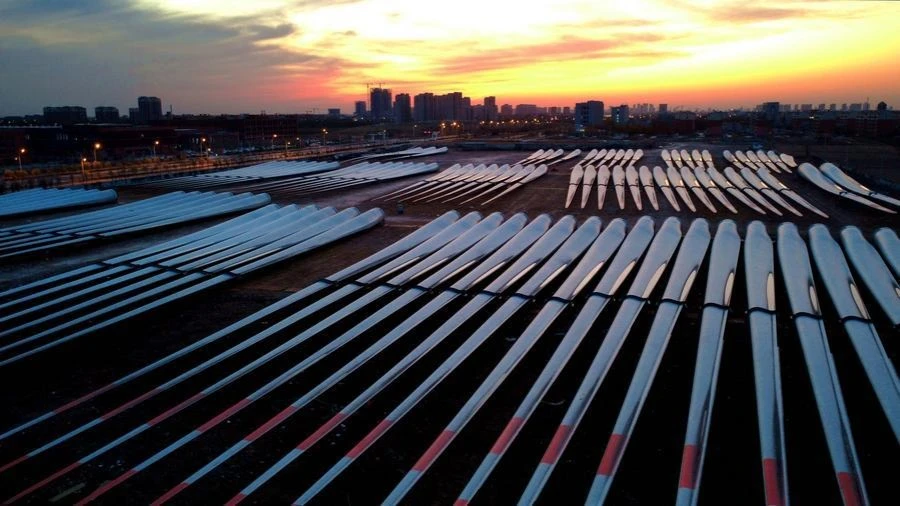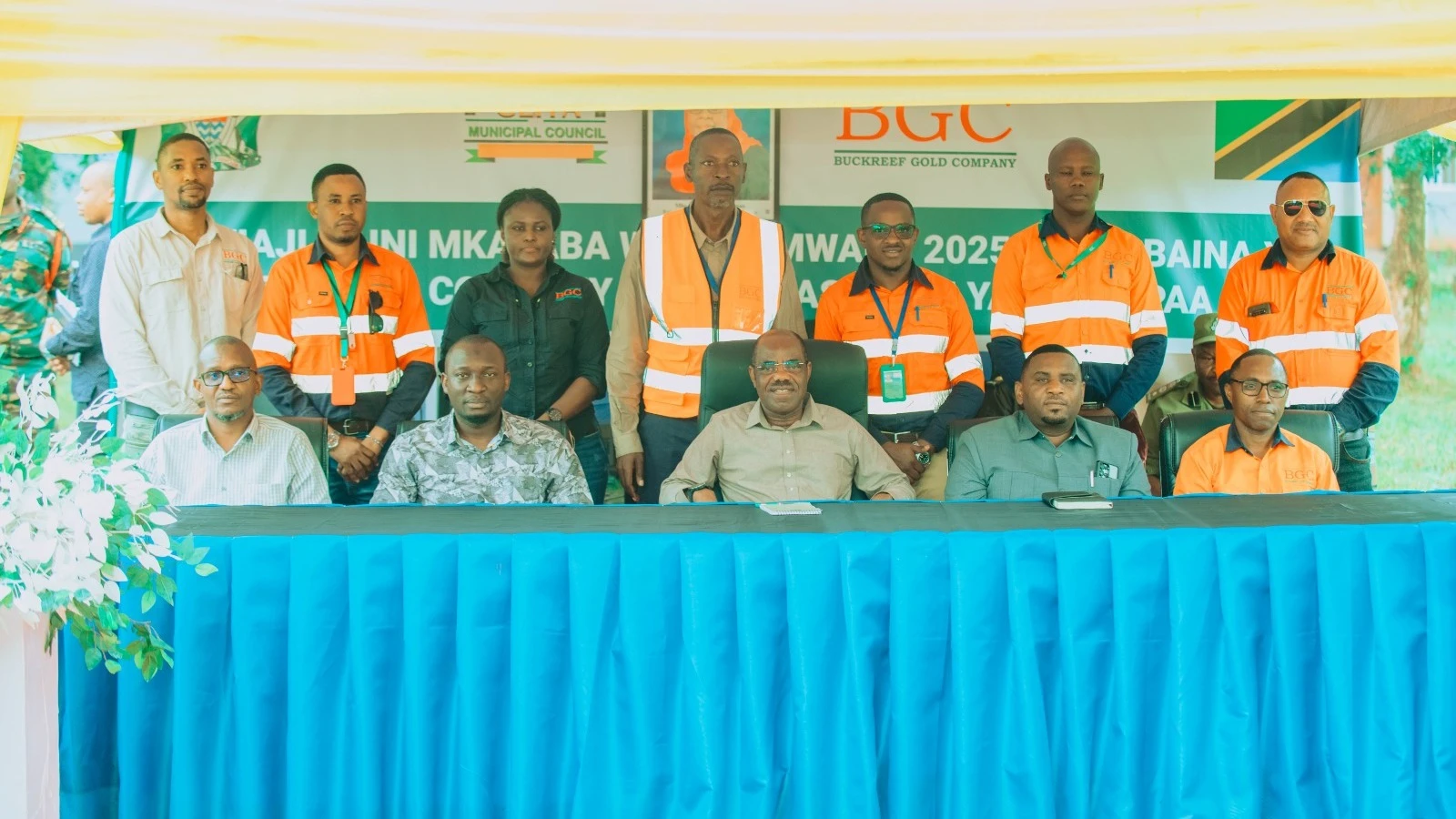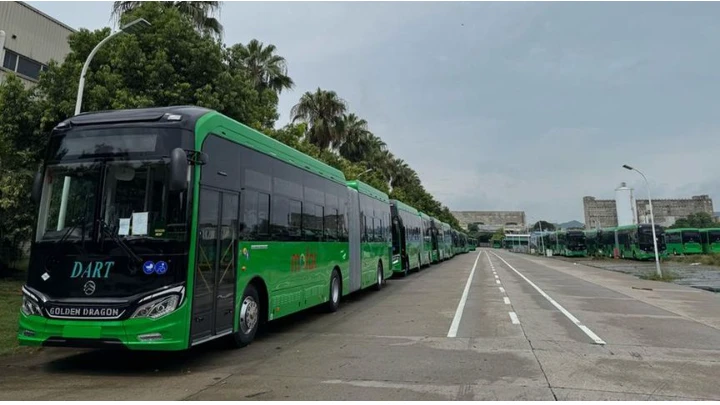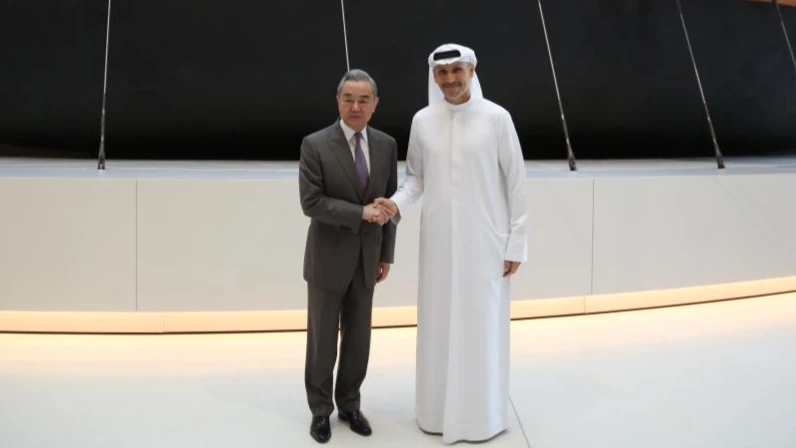Experts: Multi-sectoral approach key in overcoming extreme weather impacts
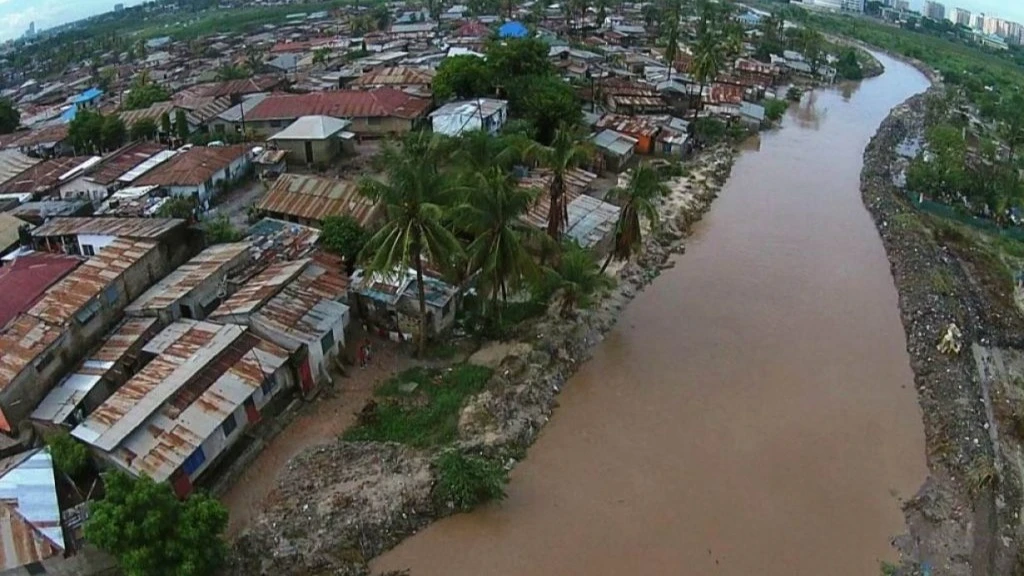
AS Tanzania continues to grapple with the effects of climate change, reports show that the situation is rapidly growing in informal settlements where millions live in perilous conditions. The settlements, characterised by overcrowding, inadequate infrastructure and limited access to essential services, are particularly vulnerable to extreme weather conditions.
From intense rainfall leading to flooding, to rising temperatures exacerbating heat waves, the residents of the areas face disproportionate risks from the impacts of climate change.
However, a beacon of hope is emerging in the form of multi-sectoral partnerships and collaborative initiatives designed to reduce the impacts of climate change on these vulnerable communities.
According to weather stakeholders and experts, collaboration among government agencies, non-governmental organisations and local communities is key to achieving sustainable solutions.
Speaking recently during a joint meeting of various weather stakeholders in Dar es Salaam, the stakeholders underscored the importance of collaboration in tackling climate change.
Organised by the Centre for Community Initiatives (CCI), the session aimed to evaluate the implementation of a two-year-Developing Risk Awareness through Joint Action (DARAJA) project which is funded by the UK’s Department for International Development (DFID) and forms part of the UK Met Office’s Weather and Climate Information Services for Africa (WISER) programme.
Stakeholders from various sectors, including local authorities, meteorological agencies, and residents, gathered to reflect on the project’s successes and challenges, as well as to outline a roadmap for the future.
Dr Tim Ndezi, the executive director of CCI said; “Our goal is to bring together different sectors—government, civil society, and the private sector—to create a strategic plan that will safeguard communities against extreme weather and climate-related risks.”
He said a strategic and integrated approach is urgently needed to address these challenges, especially in the absence of well-established emergency systems.
He noted that reports indicate that over the next 30 years, Dar es Salaam will face significant threats from climate change. Rising sea levels, intense rainfall, and extreme heat waves are expected to worsen the already precarious living conditions in informal settlements.
He said as most of the informal areas lack key infrastructure to handle flooding, access clean water or provide basic health and sanitation services, the situation heightens the vulnerability of residents to climate-related disasters.
“A key initiative in the journey toward resilience is the DARAJA project, which focuses on improving weather and climate information systems to reduce the adverse impacts of extreme weather on vulnerable communities,” he said.
According to him, one of the most innovative aspects of the DARAJA project is its emphasis on community involvement in disaster preparedness
Through hazard risk mapping, community members are encouraged to work alongside local leaders to identify flood-prone areas, safe evacuation routes, and potential shelters.
The participatory approach not only empowers residents but also ensures that solutions are context-specific and tailored to the realities on the ground.
Magdalena Msacky, a social welfare officer with the Ilala City Council said the fight against climate change is a collective effort that demands collaboration, strategic planning and community-driven action.
“When different sectors come together, we can create a network that allows us to protect our communities, especially during natural disasters,” she said.
The collaborative spirit is reflected in the project’s broader objectives, which include strengthening the communication and use of timely weather information.
Dr Alfred Kondowe, a meteorologist with the Tanzania Meteorological Authority (TMA), highlighted the challenges the country faces in disseminating weather information to communities but commended CCI’s collaborative efforts to support dissemination of weather information.
He said while TMA regularly provides accurate and timely weather warnings, the gap remains in how local communities use that information.
“Weather information is only useful if people know how to act on it. We must work together to ensure that everyone understands the implications of the forecasts and knows what steps to take to stay safe during extreme weather events,” he said.
On the ground, residents of informal settlements are taking proactive steps to mitigate the effects of climate change, despite the limited resources available.
One notable example comes from Hamis Bakari, a resident of Vingunguti Ward in Ilala District.
Bakari has planted trees around his home to provide shade from the scorching heat. “With the ongoing heat, many people come to my house to rest during noon hours,” he shared. His initiative is a small but meaningful contribution to building resilience at the household level.
Asha Pembe, the coordinator of the Tanzania Urban Poor Federation (TUPF), praised the DARAJA project for its role in raising awareness about climate risks in informal settlements.
She also pointed out the importance of knowledge-sharing among residents.
“We appreciate the continuous training that the CCI is providing to help residents adapt to climate impacts,” Pembe said. “However, what is needed now is for people to take that knowledge and use it to educate others. We must create a network of community-led solutions.”
Prudensiana Luckago, CCI programme officer said the future of climate resilience in Tanzania’s informal settlements depends on scaling up the initiatives and ensuring they are sustainable.
“The DARAJA project serves as an important model for how multi-sectoral partnerships can effectively address the complex and multifaceted issues of climate change. Moving forward, it is essential to continue fostering collaborations between local communities, government authorities and international partners,” she said.
She added strengthening early warning systems, improving infrastructure, and raising public awareness about climate adaptation strategies will be crucial in safeguarding vulnerable populations from future climate impacts.
Luckago said: “By combining local knowledge with scientific expertise, our nation can have a more resilient future for its informal settlements and ensure that communities are better prepared to face the challenges of a changing climate.”
Top Headlines
© 2025 IPPMEDIA.COM. ALL RIGHTS RESERVED











